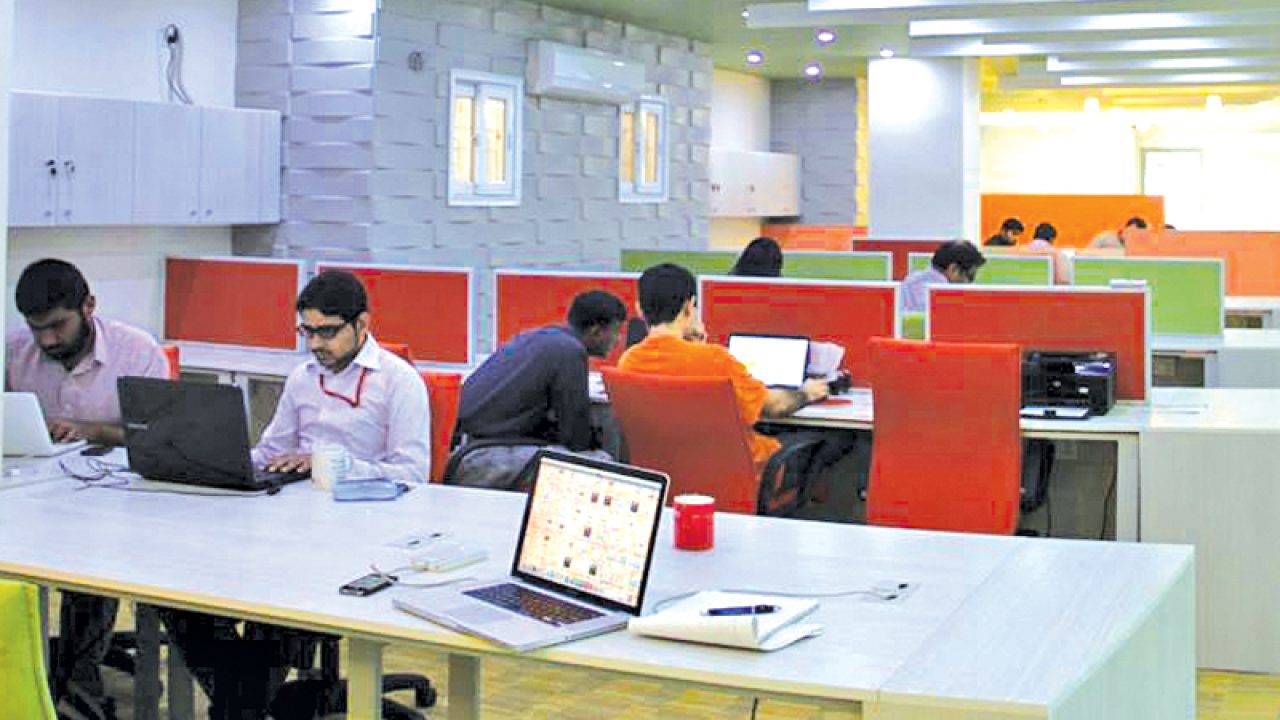In a groundbreaking verdict, the Supreme Court of Pakistan has redefined the taxation treatment of software payments. Payments made for the use of computer software are now classified as “business income” rather than “royalty.” This landmark decision clarifies the tax framework for companies engaged in software-related transactions within Pakistan.
The ruling came from a review bench comprising Justice Syed Mansoor Ali Shah, Justice Athar Minallah, and Justice Aqeel Ahmed Abbasi, who unanimously overturned an earlier majority judgment. The case, M/s Inter Quest Informatics Services vs. Commissioner of Income Tax, marks a turning point in the interpretation of international tax agreements in Pakistan.
The Petitioner: M/s Inter Quest Informatics Services
M/s Inter Quest Informatics Services, a Netherlands-based non-resident company, entered into agreements with Schlumberger Seaco, Inc., a firm operating in Pakistan. The agreements focused on providing software programs, which the petitioner classified as “business profits.”
Tax Authority’s Initial Stance
Pakistani tax authorities argued that these payments qualified as “royalties” under Article 12 of the Double Taxation Agreement (DTA) between Pakistan and the Netherlands. The designation of royalties subjected the payments to a 15% income tax. Conversely, the petitioner sought exemption under Article 7 of the DTA, which excludes business income from Pakistani taxation if the company lacks a permanent establishment (PE) in the country.
Key Tax Assessments:
- Initial Classification: The Income Tax Officer and the Commissioner of Income Tax (Appeals) categorized the payments as royalties and imposed a 15% tax.
- Tribunal’s Decision: The Tax Tribunal upheld the tax authority’s classification and tax assessment.
- High Court Ruling: The High Court favored the petitioner, declaring the payments exempt from Pakistani income tax as they did not qualify as royalties under the DTA.
- Supreme Court Majority Judgment: Initially, the Supreme Court restored the tax assessments in a majority decision, ruling against the petitioner.
Supreme Court’s Review and Reversal
The Final Decision
On November 28, 2024, the Supreme Court reviewed its earlier judgment and ruled that payments for software usage should be categorized as business income. The review bench concluded that such payments do not meet the definition of royalties under the DTA and are therefore exempt from income tax in Pakistan.
Basis for the Verdict
The court’s decision emphasized the following:
- Interpretation of the DTA: The judgment aligns with Article 7 of the DTA, which governs business income and exempts it from taxation in Pakistan if the entity has no PE in the country.
- Global Tax Practices: The ruling reflects international standards, promoting uniformity in tax treatments for software payments.
This decision significantly impacts companies engaging in software-related transactions in Pakistan. By classifying software payments as business income, the judgment provides:
- Tax Relief: Companies can reduce their tax liabilities under Pakistan’s DTAs.
- Legal Clarity: Businesses now have a clear framework for categorizing software payments.
- Investment Encouragement: The ruling is expected to attract foreign investment by fostering a favorable business environment.
Strengthening Pakistan’s Global Standing
The decision aligns Pakistan’s tax regime with international practices, enhancing its reputation in global commerce. It provides a predictable tax environment for cross-border transactions, particularly in the tech sector.Double Taxation Agreements (DTAs): A Closer Look
Article 7: Business Income
Under Article 7, business income is taxable only in the country where the business entity has a PE. For M/s Inter Quest Informatics Services, the absence of a PE in Pakistan ensured exemption from local taxation.
Article 12: Royalties
Article 12 of the DTA imposes a 15% tax on royalties. The court’s decision clarified that payments for the use of software do not fall under this category, setting a precedent for similar cases in the future.
Benefits to the Technology Sector
The judgment is poised to drive growth in Pakistan’s technology industry by:
- Encouraging Foreign Partnerships: Clear tax rules incentivize collaborations between local and international firms.
- Boosting the Software Market: Reduced tax burdens enable companies to invest more in innovation and expansion.
- Enhancing Competitiveness: By aligning with global tax standards, Pakistan becomes a more attractive destination for technology ventures.
The Supreme Court of Pakistan’s ruling on software payment taxation has ushered in a new era of clarity and fairness. By categorizing these payments as business income, the judgment aligns Pakistan’s tax laws with global standards, promoting a conducive environment for technological innovation and cross-border commerce. This landmark decision is a step forward in creating a robust and competitive framework for international business operations in Pakistan.

